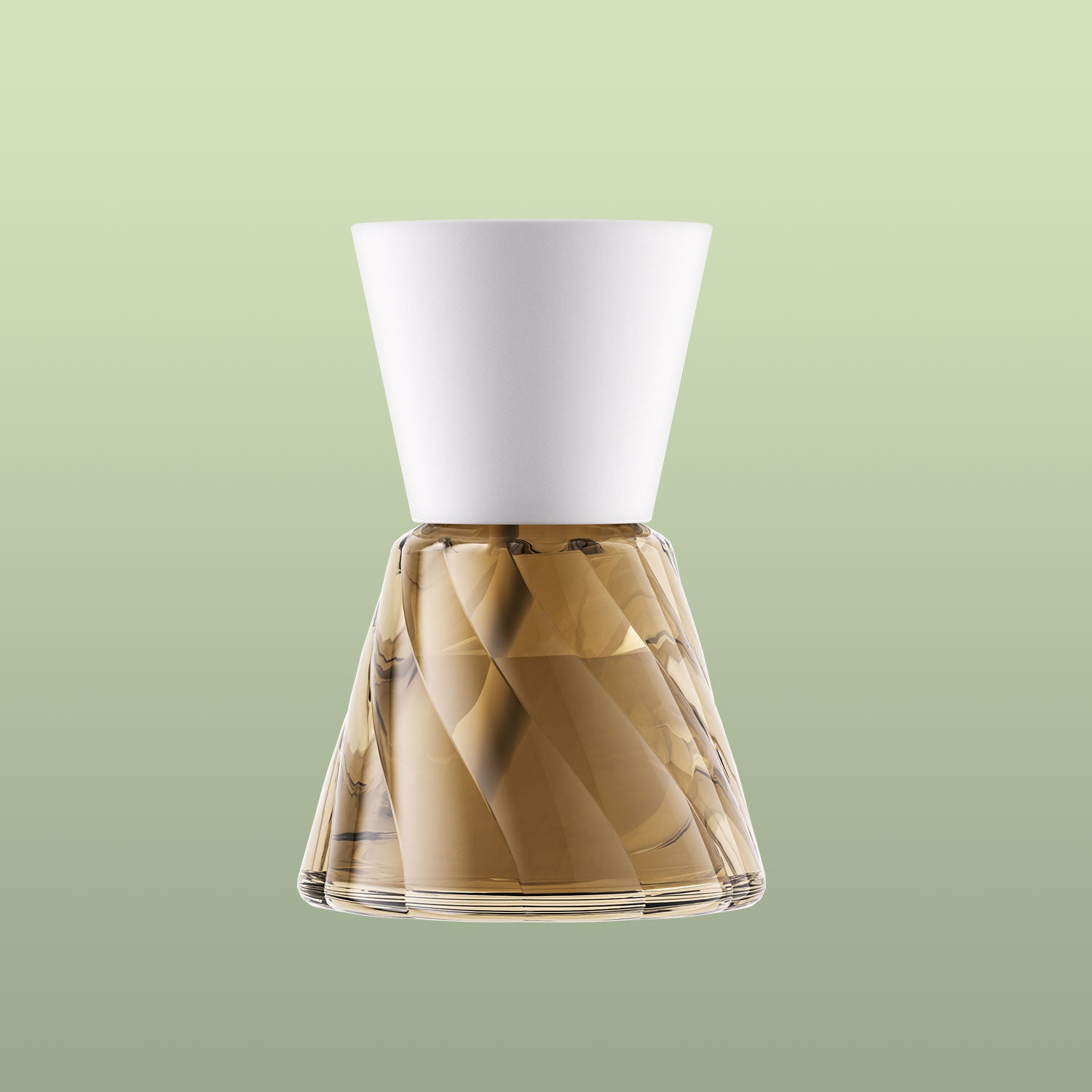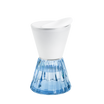Along with therapy and medication, there are a few common lifestyle changes that anyone can use to improve their mental health and help relieve depressive symptoms:
Eat healthy
Good nutrition is vital for keeping your body chemically and hormonally balanced.
Make sure you avoid or limit sugar and caffeine consumption, which can cause abrupt mood swings. Instead, incorporate more fruits and vegetables into your diet, along with oily fish and lean protein.
If you're looking for an eating plan to try, the Mediterranean diet is touted by dietitians and may have mental health benefits.
Avoid alcohol and drugs
For those experiencing depression, it's common to turn to alcohol and drugs for relief. However, alcohol is a depressant, which will ultimately exacerbate depressive symptoms.
Many drugs also increase the risk of psychosis or depression through their interaction with the nervous system.
Stay active
Exercise releases neurotransmitters and hormones like endorphins, dopamine, norepinephrine, and serotonin, which boost and enhance your mood.
A 2016 meta-study of over one million people found that exercise significantly improves mental health — dividing the sample into three sections, the least fit group were 75% more likely to have depression than the fittest group.
And it doesn't need to be traditional exercise like running. A 2019 meta-study on dance movement therapy (DMT) found that it was an effective remedy for depression in adults, for its combined exercise and social benefits.
At the same time, getting more exposure to the sun at the right time can also greatly promote staying positive.
Get enough sleep
There is a strong correlation between sleeping troubles and depression, and insomnia is closely related to depression.
Good sleep hygiene, such as not looking at phone, TV, or laptop screens an hour before bed — and instead creating a relaxing evening routine — can help improve sleep quality.
For example, a 2008 review noted multiple studies that found treating sleep and insomnia correlated significantly with improved depressive symptoms.
Try mindfulness meditation
Meditation has been proven to significantly improve the symptoms of stress, anxiety and depression.
For example, a 2014 meta-review at Johns Hopkins University School of Medicine found 30 to 40 minutes of daily meditation in an eight-week mindfulness meditation program improved those with mild depressive symptoms.
Starting with 5 or 10 minutes of mindfulness meditation can be an important way to strengthen mental health — and here's a guide for how to meditate on your own.





















Leave a comment
All comments are moderated before being published.
This site is protected by hCaptcha and the hCaptcha Privacy Policy and Terms of Service apply.